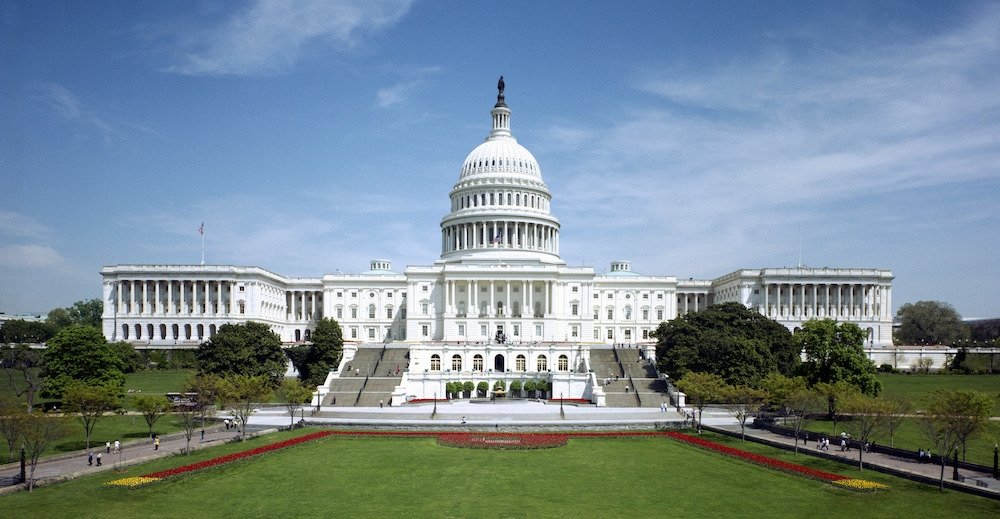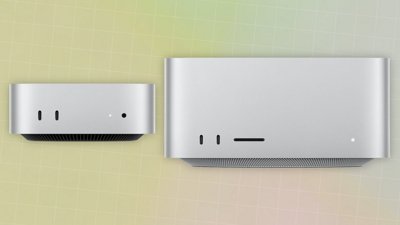The U.S. Senate has approved a major bipartisan industrial bill to boost the country's technology manufacturing and increase competitiveness with China, with some funds going toward computer chip production.
The $250 billion bill, the U.S. Innovation and Competition Act, passed 68-32 on Tuesday. In its current form, it provides $52 billion for domestic semiconductor manufacturing, a 30% funding boost for the National Science Foundation, and $29 billion to fund a new applied sciences directorate, The Wall Street Journal reported Tuesday.
If passed, the bill could help companies like Apple, which are suffering the effects of a global chip shortage. In May, Apple was among a coalition that lobbied the U.S. for chip manufacturing subsidies.
In addition to the aforementioned funding, the USICA also provides $10 billion to reshape cities and regions into "technology hubs." That money will fund the development of well-paying technology jobs and facilities outside of the coastal areas.
"It's the largest investment in scientific research and technological innovation in generations. It sets the United States on a path to lead the world in the industries of the future," said Senate Majority Leader Chuck Schumer (D-NY).
The passage of the bill follows a delay before the Senate's Memorial Day recess that was caused by some concerns about scope and size from Republican lawmakers. Originally, the bill was built on Sen. Schumer's Endless Frontier Act proposal, which was eventually cut down.
Earlier in 2021, the Biden Administration called the global chip shortage a "national security" issue. In February, President Joe Biden signed an executive order to combat concerns over semiconductor supply problems.
The bill will now head to the House, where it faces a competing piece of legislation, before it can land on President Biden's desk.
Follow all of WWDC 2021 with comprehensive AppleInsider coverage of the week-long event from June 7 through June 11, including details on iOS 15, iPadOS 15, watchOS 8, macOS Monterey and more.
Stay on top of all Apple news right from your HomePod. Say, "Hey, Siri, play AppleInsider," and you'll get the latest AppleInsider Podcast. Or ask your HomePod mini for "AppleInsider Daily" instead and you'll hear a fast update direct from our news team. And, if you're interested in Apple-centric home automation, say "Hey, Siri, play HomeKit Insider," and you'll be listening to our newest specialized podcast in moments.
 Mike Peterson
Mike Peterson














 Wesley Hilliard
Wesley Hilliard
 Malcolm Owen
Malcolm Owen
 Christine McKee
Christine McKee
 Andrew Orr
Andrew Orr

 William Gallagher
William Gallagher










8 Comments
“That money will fund the development of well-paying technology jobs”
Unless the US can create tech industrial zones with relatively low pay rates like that in China, it will be difficult for the US to be competitive in manufacturing.
This is good but the only long term sustainable means to improving the US’s competitiveness has to include fundamental changes in primary, secondary, and vocational (conventional and modern) education.
So this is almost humorous:
"Chinese lawmakers urged (the US) Congress to “immediately stop” progress on the bill, the official Xinhua News Agency reported Wednesday, citing a statement from a National People’s Congress committee that handles foreign affairs.
The bill “smears China’s development path and domestic and foreign policies,” the statement said, and “interferes in China’s internal affairs under the banner of innovation and competition.”